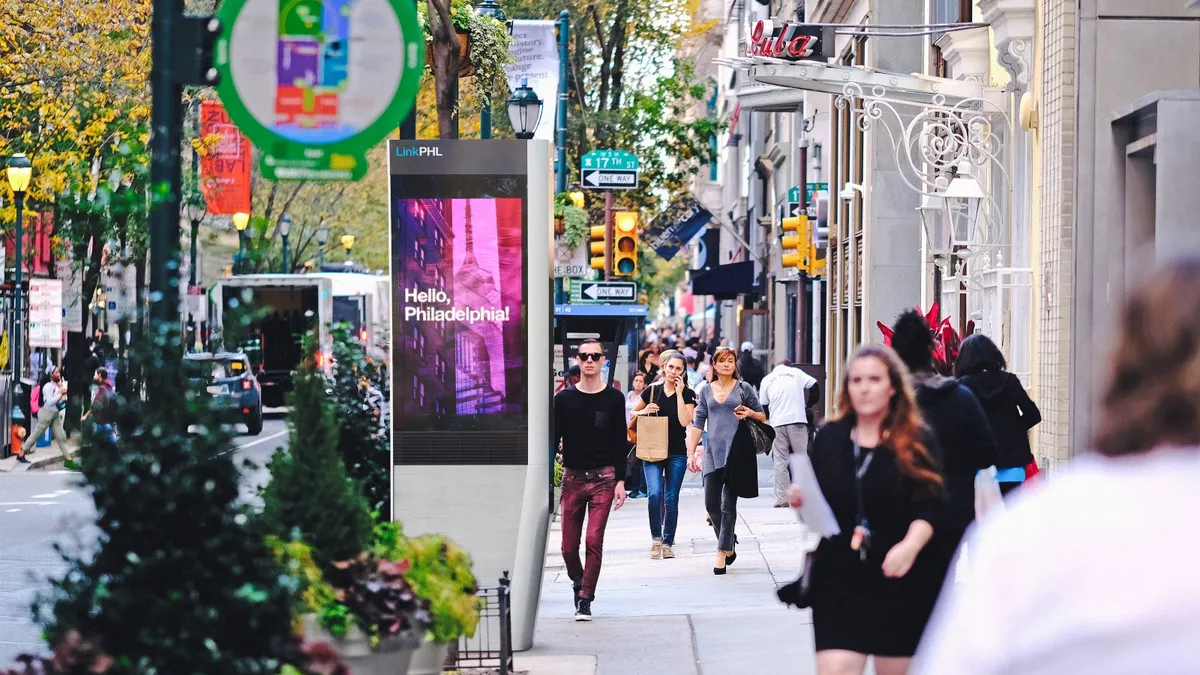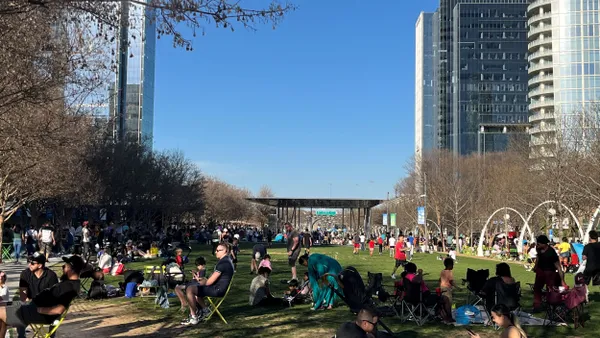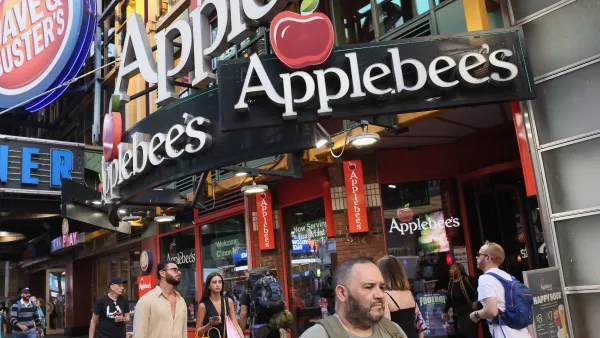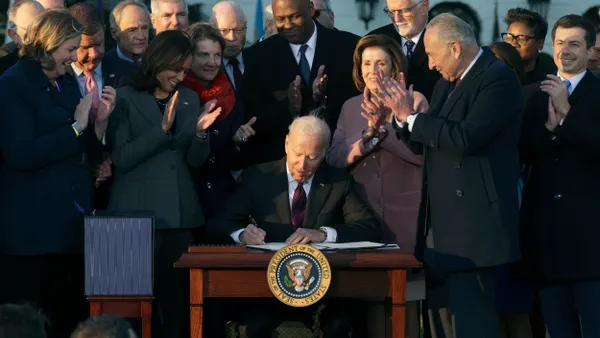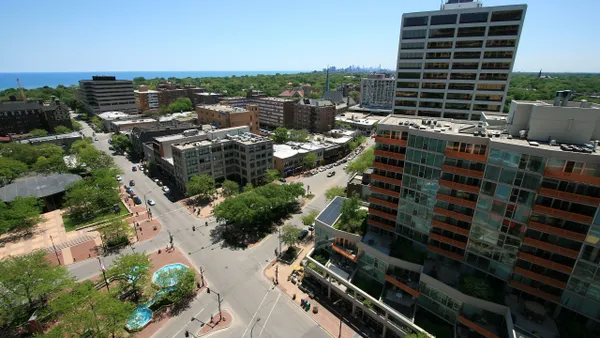Dive Brief:
- The City of Philadelphia has officially activated its first Link kiosks, known as LinkPHL, in its downtown area.
- The kiosks from smart cities technology and media company Intersection will provide free Wi-Fi, mobile device charging and phone calls, as well as access to city services, information and advertising. The company expects to deploy 100 throughout the city.
- "I expect that Philadelphians and visitors to our great City will use and love all that LinkPHL has to offer. It is exciting to finally see the kiosks launch today in Center City," Philadelphia Mayor Jim Kenney said in a statement. "LinkPHL’s many amenities support our SmartCityPHL goal of creating a modern infrastructure that will benefit Philadelphia for many years to come."
Have you heard of #LinkPHL? The new kiosks provide free secure wifi, phone calls, wayfinding, device charging, access to City services, and community info — and they're completely free to use! Learn more about the program and how you can use the kiosks ➡️ https://t.co/WW1BWDaj1C pic.twitter.com/Qg3HD27PgU
— City of Philadelphia (@PhiladelphiaGov) December 7, 2018
Dive Insight:
Since rolling out in 2016, Link’s kiosks have become a popular amenity in cities like New York and Newark, NJ. In an interview with Smart Cities Dive in September, Amanda Giddon, Intersection’s senior consumer marketing manager, said more than 5 million people have connected to the kiosks’ Wi-Fi, showing that while they have helped provide information to residents, they are also helping more people get online.
The initiative has also generated millions of dollars in revenue for New York City through advertising, and has created new jobs. Some report that retail business near the kiosks has experienced an uptick.
And Giddon said the evolution in content on Link kiosks is well underway, including what she called a "moment-based campaign," which in New York City has included historical information about marches in the lead-up to the Women’s March and voter registration drives before elections. She said to expect similar efforts in Philadelphia, including an expansion of its #ArtOnLink program, which showcases the work of local artists on the 55-inch displays. "It's been a fun exercise to think about how to localize this at scale," Giddon said.
The company has its eye on cautious expansion to other U.S. cities, and with this move has expanded its footprint outside of the Greater New York region. (Intersection also has deployed Link kiosks in London through the InLinkUK initiative.) If all goes well, and the company's information on transit, weather, local services and news mixes well with more off-beat and whimsical content, it could continue to move outward, especially as cities look to use technology like this to close the digital divide.
Giddon said the company plans to make the kiosks a "beloved member of the community it serves," especially by monitoring its content and making sure it keeps up with people’s needs. "We are definitely evolving every day from a content perspective, but we've done pretty extensive user research to ask what people want to see," she said. "We definitely have lessons learned and will look to add that local flair in our new Link markets."



